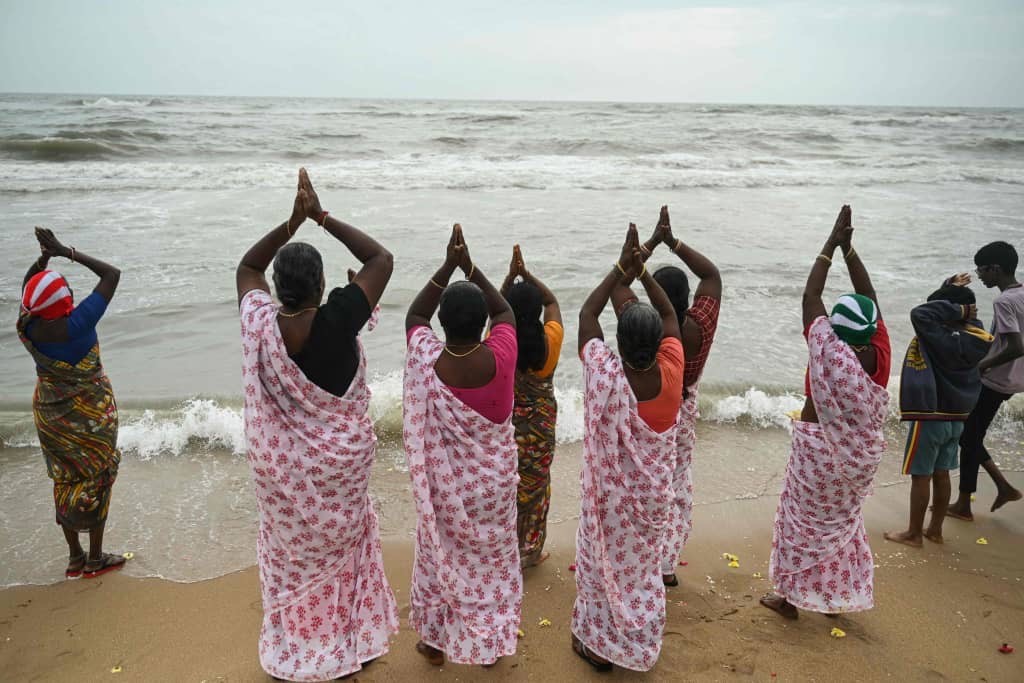The art of writing about art will be the deep dive of choice during an Arak Collection workshop in Windhoek next month.
Hosted in collaboration with The Project Room and facilitated by art historian, cultural worker and writer Barnabas Ticha Muvhuti, the five-day art writing workshop invites applicants from Namibia, Angola, Botswana, Mozambique, Zambia and Zimbabwe to join the skills development sessions from 5 to 9 February.
The Qatari-based Arak Collection is home to one of the largest contemporary African art collections in the Middle East, and aims to develop the continental art sector through collaborative public programming, exhibitions, fellowships and residencies.
“I have had the privilege of being the first art writing fellow for the Arak Collection from May to October 2023,” says Muvhuti, who is publishing a book on five artists from the Southern African Development Community region, including esteemed Namibian painter Rudolf Seibeb.
Considering why such a workshop is necessary in Namibia and for the focus countries, Muvhuti expounds on his observations.
“From my experience as a researcher of art history, I have realised it is very difficult to find information on artists from certain countries on the continent of Africa. It does not always have to be the case that when the world refers to artists from Africa, the discourse is always dominated by powerhouses South Africa, Nigeria, Morocco and Senegal to mention just four among the most dominant nations,” Muvhuti says.
“It’s as though nothing is happening in other countries. If I am to give a local example, an internet search for prominent artists from Namibia has to yield more names and critical information on a wide array of artists and artistic processes, not just John Muafangejo and printmaking.”
To strengthen and inspire the culture of art writing in the selected countries, the workshop will focus on unpacking contemporary art discourse, experiment with hybrid writing forms, writing on current exhibitions, and also include discussions around history.
Though there are no formal education requirements in order to apply for the workshop, Muvhuti suggests prospective attendees have a passion for art and also some creative writing skill.
“It is the role of the local art writer to inform the world about artistic developments in their surroundings and countries. It is one thing to attend an exhibition opening for example, and announce it or report on it, mostly quoting a statement or two from the speeches made at that event,” he says.
“And it is another thing to look at the same exhibition, critically analyse aspects of it, make sense of the works in terms of their materiality and meaning, situate the show in art historical and/or developmental context in a particular country, region, continent and the world, and to be able to tell how powerful or weak a show it is,” says Muvhuti, who also positions arts writers as historians, knowledge creators, capacity builders and investigative journalists able to expose plagiarism and industry exploitation by collectors and gallery owners.
“I am all for the latter. We need to cultivate and foster a culture of art appreciation or criticism, and to document current artistic practices in such a way that cultural practitioners of the future have something to lean on.”
Candidates interested in attending the Arak Collection Art Writing Workshop are invited to send their applications and enquiries to workshop@arakcollection.com
The application deadline is 21 January.
– martha@namibian.com.na; Martha Mukaiwa on Twitter and Instagram;
marthamukaiwa.com
Stay informed with The Namibian – your source for credible journalism. Get in-depth reporting and opinions for
only N$85 a month. Invest in journalism, invest in democracy –
Subscribe Now!







